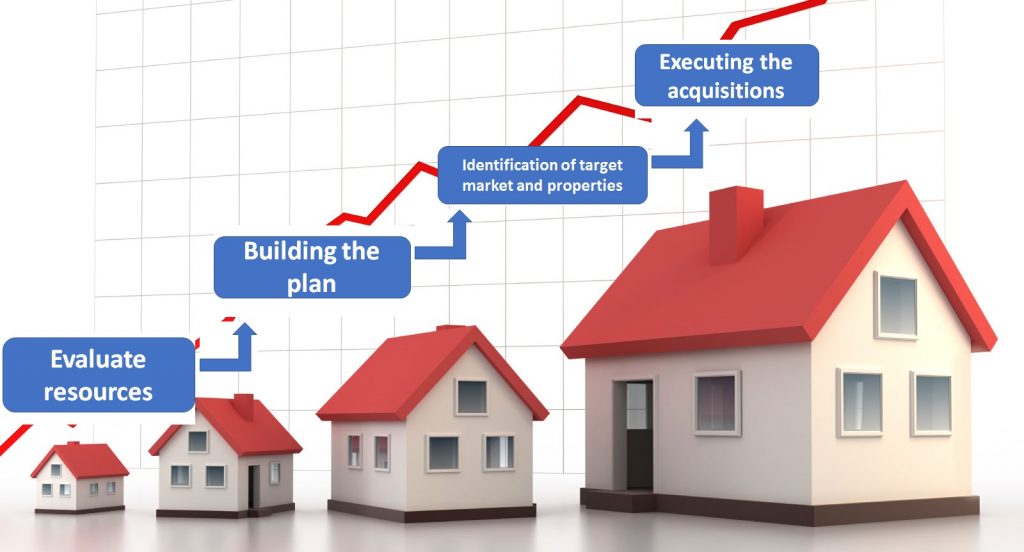
Exploring Real Estate Investing Software
Modern investors rely heavily on real estate investing software to streamline their operations. They provide solutions for complex tasks like market analysis, deal evaluation, and risk assessment. We'll discuss the benefits, features, and considerations when choosing the right software for your needs. By understanding these technologies, you can gain a competitive edge in the real estate market. So, let's begin our exploration of real estate investing software and its impact on your success. Gaining insights into these technologies can help you stay ahead in a competitive market. Our goal is to provide you with the insights needed to make informed software choices.
At its core, this software aims to simplify and enhance various aspects of real estate investing. They can help with tasks like rental income tracking, expense management, and ROI calculations. This leads to more confident decision-making based on reliable data. Researching options ensures you invest in a tool that delivers value. Learning from others' experiences can guide your own software implementation. Resources like best real estate investing blog WholesalingHousesInfo.com offer insights into choosing and using real estate investing software. Expert opinions from industry leaders can help you navigate the software landscape.
Discover more about real estate investing software, visit: best real estate investor software
Advantages of Real Estate Investing Software
One major benefit of real estate investing software is improved efficiency. Accurate data is critical for making sound investment decisions. Timely information can be the difference between seizing or missing a great deal. Personalized views allow you to monitor the metrics most important to you. Collaboration features enable seamless communication with your team. Investing software can integrate with other tools you use, like accounting software. Using software demonstrates professionalism to clients and partners.
Support services ensure you can resolve issues promptly. As your investments expand, the software adapts to handle increased complexity. Automation decreases the need for additional staffing for administrative tasks. Enhanced security features protect sensitive financial data. Mobile functionality ensures you're always connected to your portfolio. Competitive analysis tools help you understand your position in the market. Sustainability practices can be a part of your corporate responsibility initiatives.
Exploring Different Software Solutions
Effective property management software streamlines day-to-day operations. They provide calculators for metrics like cap rate, cash-on-cash return, and IRR. These platforms help identify high-growth areas and emerging opportunities. They consolidate information across properties for a holistic view. Scenario analysis features help prepare for various market conditions. CRMs track communications, follow-ups, and client preferences. These tools expand your access to potential deals.
They coordinate schedules, budgets, and contractor communications. They track legal documents, deadlines, and compliance requirements. They identify deductions, credits, and planning opportunities. Continuous learning is vital in a dynamic real estate market. Data visualization software transforms complex data into understandable graphics. They facilitate partnerships, mentorships, and deal opportunities. These technologies allow for immersive tours without physical presence.
How to Choose the Right Software
Understanding your requirements narrows down suitable software choices. Consider the scalability of the software as your portfolio grows. Evaluate the user interface and ease of use. Assess the level of customer support and training provided. Compatibility enhances overall operational efficiency. Data breaches can have severe financial and reputational consequences. Understanding the pricing structure prevents unexpected expenses.
Read reviews and seek recommendations from other investors. Take advantage of free trials or demos to test the software. Ongoing updates reflect the developer's commitment to improvement. Software that adapts to your workflows enhances efficiency. Established providers may offer more reliability and stability. Evaluate the reporting and analytics capabilities. A steep learning curve may delay benefits and require additional resources.
Best Practices for Software Adoption
Structured planning ensures a smooth transition to new software. Comprehensive training maximizes the tool's potential. Set measurable goals to track the software's impact on your operations. Customize the software settings to align with your workflows. Maintain open communication with the software provider. Regularly back up your data to prevent loss. Adapting to enhancements keeps you ahead of the curve.
Collective learning accelerates proficiency. Monitor compliance with data security policies. Data insights drive better investment choices. Consistent use embeds the tool into your operations. Seek continuous improvement based on performance metrics. Address challenges promptly to avoid operational disruptions. Positive reinforcement fosters a culture of innovation.
Discover more about real estate investing, visit: real estate investing crm
Conclusion
In conclusion, leveraging technology can significantly enhance your investment outcomes. Thoughtful choice ensures alignment with your goals and maximizes returns. Effective integration into your operations is key to realizing full potential. The long-term gains outweigh the initial costs and learning curve. We encourage you to explore the options available and take the next step in modernizing your approach. Your willingness to adopt new tools can set you apart from the competition. Your proactive steps today lay the groundwork for tomorrow's success.